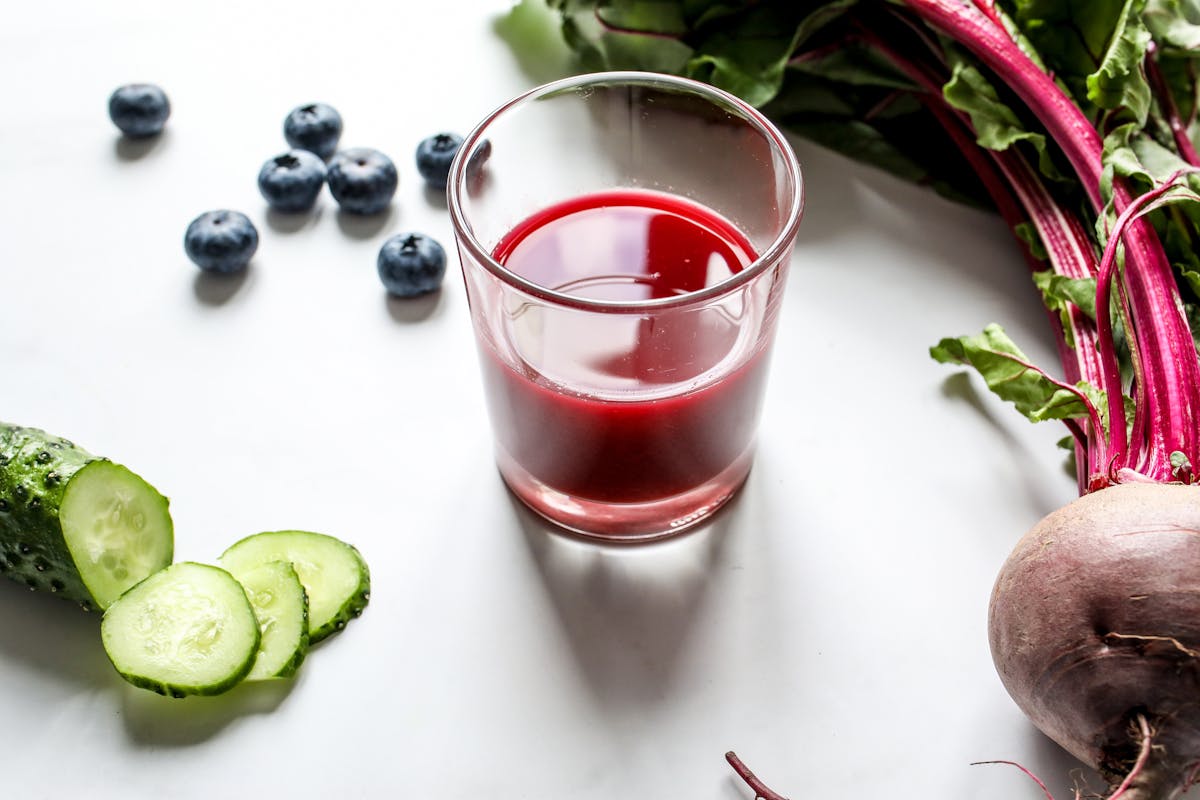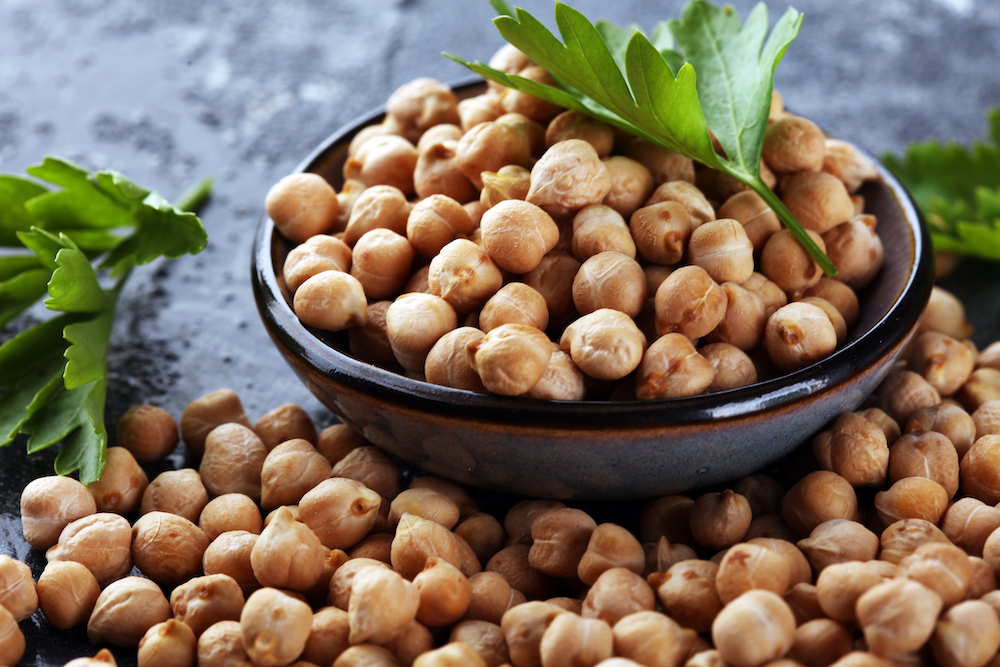
Gastroenterologist reveals 3 types of vegetables you should eat for liver health
Many people think that simply avoiding excessive alcohol is enough to keep the liver healthy. Although alcohol is one of the main enemies of this organ, poor diet, too much sugar and fat, combined with lack of physical activity, can seriously damage its health, writes Best Life.
Fortunately, a proper diet and an active lifestyle can do wonders for regenerating and protecting the liver. Gastroenterologist Dr Joseph Salhab recently shared three types of vegetables he includes daily in his diet to boost liver health.
Broccoli
In a TikTok video, Dr Salhab highlighted that broccoli takes first place on his list thanks to its powerful detoxifying properties.
“Broccoli contains sulforaphane, a compound that activates enzymes responsible for detoxifying the liver and removing toxins from the body,” he explains.
Studies confirm that sulforaphane may ease symptoms of non-alcoholic fatty liver disease (NAFLD), and because of these benefits, there are more and more broccoli-based supplements on the market.
Similar benefits come from other cruciferous vegetables – such as Brussels sprouts, cauliflower, and cabbage – as well as leafy greens like kale, spinach, and Swiss chard.
Beetroot
“Beetroot contains betalain, a powerful antioxidant that reduces oxidative stress in the liver and helps healing,” says Dr Salhab.
According to Dr Jason Itri, founder of the Health and Longevity Clinic in Virginia, betalains also promote bile flow, making fat digestion easier and speeding up the elimination of toxins.
“People who regularly eat beetroot have better blood flow in the brain, especially in areas responsible for memory and critical thinking,” adds Dr Brynna Connor.
Artichokes
In third place are artichokes, which surprise many with their strong effect on the liver.
“Artichokes are among the best foods for liver health because they contain cynarin, a powerful antioxidant,” explains Dr Salhab.
A 2022 study showed that artichoke leaf extract may have a protective effect against non-alcoholic fatty liver disease (NAFLD), reports Večernji list. Salhab shares that he often eats them as a spread on sourdough bread for a healthy and nutritious lunch.





